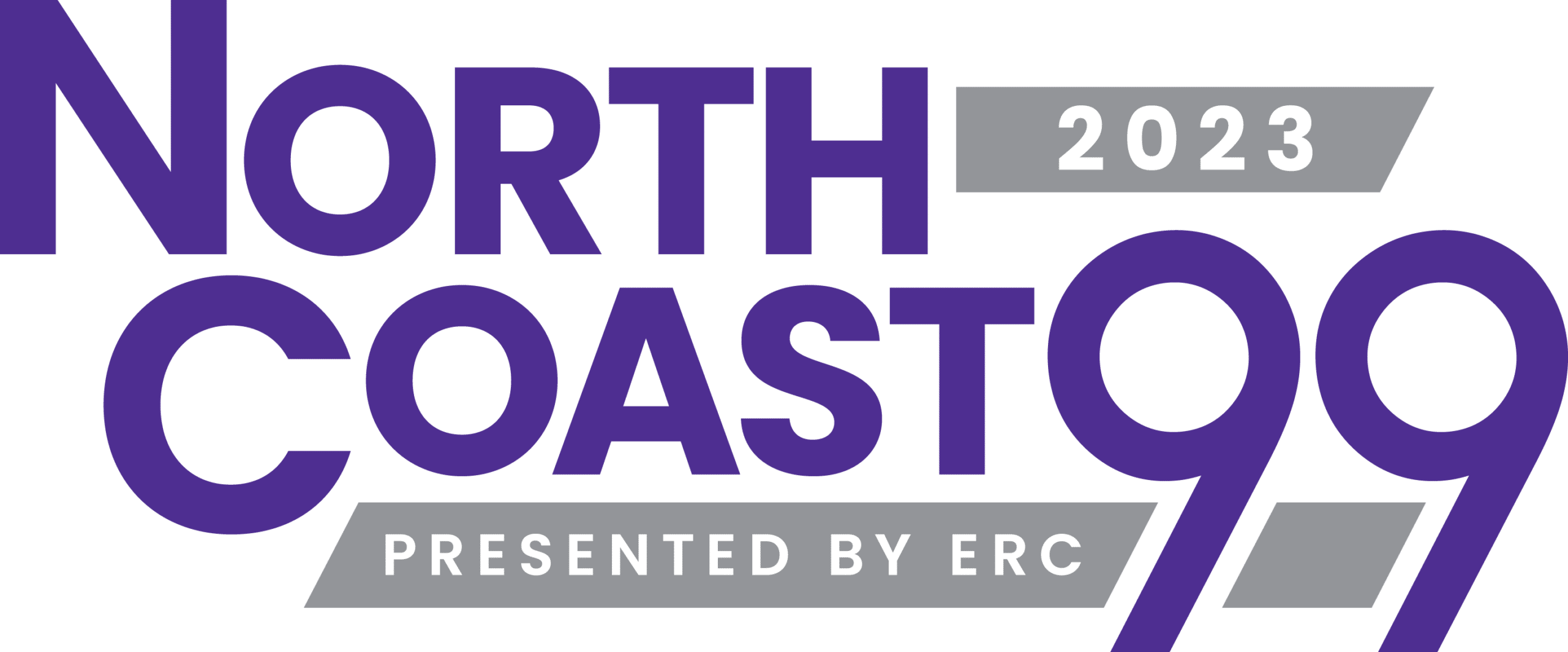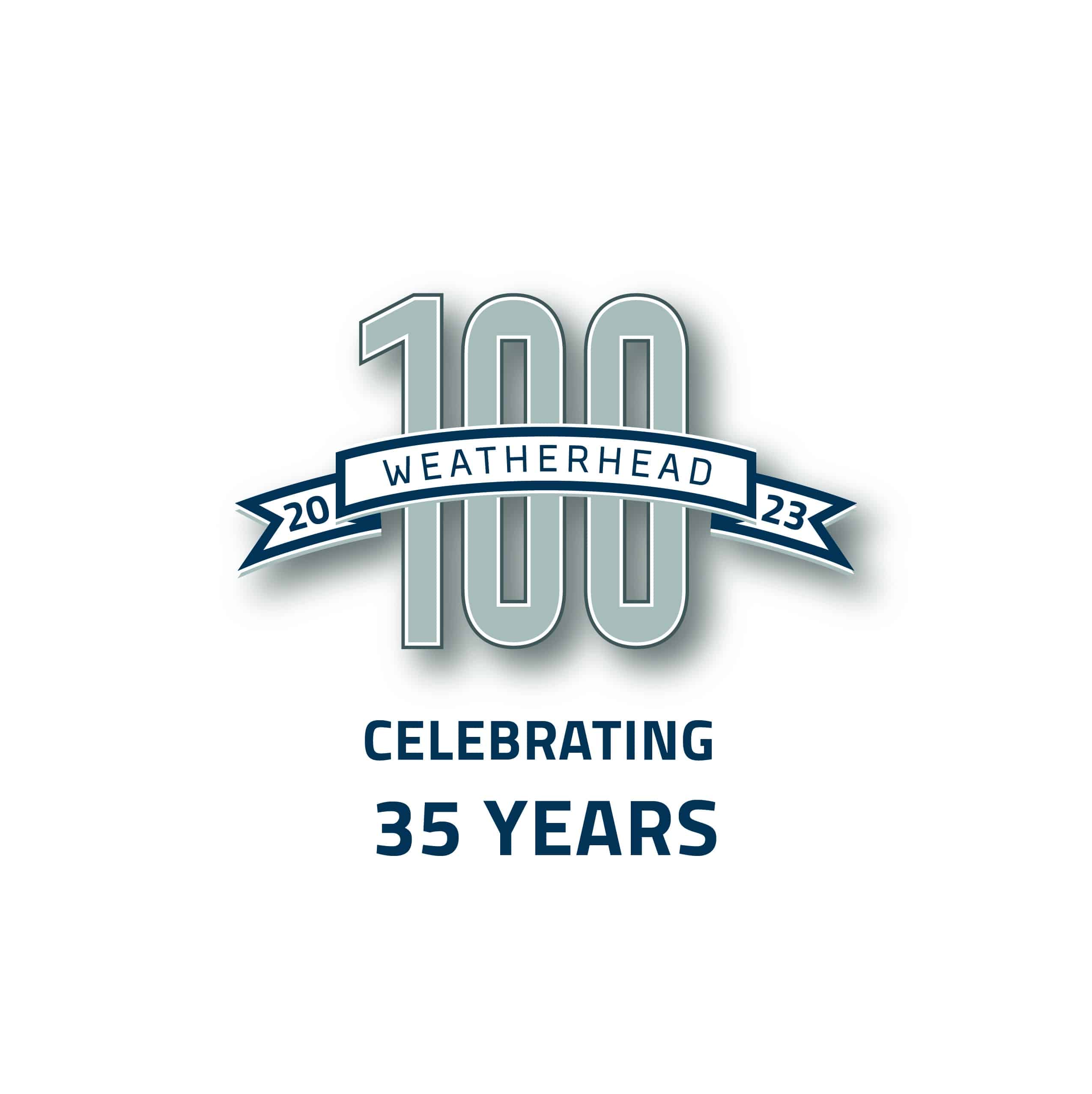The IRS has released proposed regulations addressing the deductibility of meal and entertainment expenses in tax years beginning after Dec. 31, 2017. Among other things, the proposed regs clear up lingering confusion regarding whether meals are considered entertainment and, therefore, generally nondeductible.
TCJA rule changes
Prior to the Tax Cuts and Jobs Act (TCJA), Section 274 of the Internal Revenue Code generally prohibited deductions for expenses related to entertainment, amusement, or recreation (commonly referred to as “entertainment” expenses). The tax code granted exceptions, however, for entertainment expenses “directly related to” or “associated with” actively conducting business. Businesses generally could deduct 50 percent of such expenses.
The tax code also limited deductions for food and beverage expenses that satisfied one of the exceptions. A deduction was permitted only if 1) the expense wasn’t lavish or extravagant under the circumstances, and 2) the taxpayer (or an employee of the taxpayer) was present when the food or beverages were furnished. The amount of the deduction was limited to 50 percent of such expenses.
The TCJA amended Sec. 274 to generally prohibit deductions for any expenses related to entertainment, regardless of whether they’re directly related to or associated with conducting business. Some taxpayers wondered if the amendment also banned deductions for business meal expenses.
The IRS responded to this question in the fall of 2018 with Notice 2018-76. The notice listed several circumstances under which businesses could continue to treat business meal expenses, including meals consumed by employees on work travel, as 50 percent deductible expenses until the IRS published its proposed regs explaining when business meal expenses are nondeductible entertainment expenses.
Applicability of the proposed regs
The proposed regs provide that the deduction limitation rules generally apply to all food and beverages, whether characterized as meals, snacks or other types of food or beverage items. The deduction limitations apply even to food and beverages treated as de minimis fringe benefits.
The proposed regs define food or beverage expenses as the cost of food or beverages, including any delivery fees, tips and sales tax. But the deductible expenses for employer-provided meals at an eating facility don’t include operating expenses for the facility (for example, the salaries of employees preparing and serving meals and other overhead costs).
Food and beverages at entertainment activities
Food or beverages provided during or at an entertainment activity aren’t considered nondeductible entertainment expenses under the proposed regs as long as they’re purchased separately from the entertainment, or their cost is stated separately from the entertainment cost on a bill, invoice or receipt. For example, let’s say you take a client to a football game. You buy some food at the game and pay for it separately from the game tickets. The amount may qualify for a deduction, if you meet certain other requirements.
The 2018 notice provided that taxpayers couldn’t circumvent this entertainment disallowance rule by inflating the amount charged for food and beverages. The proposed regs tackle this issue by requiring that the amount charged for food or beverages reflect 1) the venue’s usual selling cost for those items if purchased separately from the entertainment, or 2) the reasonable value of the items.
Business meal expenses
The proposed regs generally follow the lead of the 2018 guidance on the deductibility of business meal expenses, but also incorporate other statutory requirements taxpayers must meet to deduct 50 percent of the expense. Thus, businesses may deduct 50 percent of business meal expenses if:
- The expense isn’t lavish or extravagant under the circumstances
- The taxpayer (or an employee of the taxpayer) is present at the furnishing of the food or beverages
- The food and beverages are provided to a business associate
The proposed regs also clarify the requirement in Notice 2018-76 that the food and beverages be provided to a “business contact.” The notice described such an individual as a current or potential business customer, client, consultant, or similar business contact.
The proposed regs use the term “business associate,” defined as a person the taxpayer could reasonably expect to engage with in business, including a current or prospective customer, client, supplier, employee, agent, partner, or professional advisor. The inclusion of employees makes the standard applicable to employer-provided meals and situations where a business provides meals to both employees and nonemployee business associates at the same event.
Travel meal expenses
Although the TCJA didn’t explicitly change the rules for travel expenses, the proposed regs are intended to provide comprehensive rules for food and beverage expenses. As a result, they apply the general rules for meal expenses to travel meals.
The proposed regs also incorporate statutory substantiation requirements for travel meal expenses — evidence of the amount, time and place, and business purpose of the meal. In addition, meal expenses for spouses, dependents or other individuals accompanying the taxpayer (or an employee of the taxpayer) on business travel generally aren’t deductible unless the individual is an employee of the taxpayer and traveling for a bona fide business purpose.
Other food and beverage expenses
In addition, the proposed regs provide that business meal expenses and 50 percent deduction limits don’t apply to expenses that fall within one of the following exceptions:
- Expenses treated as compensation
- Reimbursed food and beverage expenses
- Expenses related to recreational, social or similar activities for employees, such as holiday parties, annual picnics and summer outings that don’t favor highly compensated employees (but not free food and beverages in break rooms or provided for the convenience of the employer, such as that provided for employees who must stay on call for emergencies)
- Items available to the public (as long as more than 50 percent of the actual or reasonably estimated consumption is by the general public, including customers, clients and visitors)
- Goods and services sold to customers (for example, food or beverage items that are purchased as part of preparing and providing meals to a restaurant’s paying customers, which are also consumed at the worksite by employees)
These expenses all are fully deductible.
Final regs are on the way
Comments on the proposed regs must be submitted by April 13, 2020, and a public hearing may be held. In the meantime, you can rely on the proposed regs as well as the guidance in Notice 2018-76 until the IRS issues final regs. If you have questions on business-related meal and beverage expenses, please don’t hesitate to contact us.
© 2020
Featured Post

Featured Client Testimonials
BW is a true partner to us. Their knowledge, expertise, and service are a valuable resource to us and play an important role in our success!
John Allen - Vice President of Finance, Kaufman Container

Featured Client Testimonials
I appreciate the exceptional tax advice we received over the years. The (BW team) has a good grasp of our business needs. Thank you for your excellent service.
John Griffiths - Owner, Rae Ann, Inc.

Featured Client Testimonials
The BW team has been fantastic to work with; both the team member at our office as well as at the partner level. Any issues or concerns are handled very efficiently and effectively.
Kelley Needham - Chief Executive Officer, Epilepsy Association

Featured Client Testimonials
Barnes Wendling has been our company accountants for over seven years. Their knowledge has been instrumental in helping us grow strategically during this time. And although we’ve seen many changes in our economy that we cannot control, we’ve always been able to trust the Barnes team to be by our side. The Barnes team feels like family. We can’t thank them enough for their support!
Christine Kloss - Controller, AT&F

Featured Client Testimonials
Barnes Wendling has been our company accountants for over 15 years. During this time, the business has grown exceptionally, and Barnes has kept pace, providing accurate, quality advice. Our finances are more efficient than ever, and the expense of hiring Barnes has been a definite positive add to our bottom line. I give my highest recommendation to their firm.
David Miller, MD - President, Retina Associates of Cleveland

Featured Client Testimonials
Barnes Wendling has provided us guidance and recommendations that have strategically helped strengthen our business and position ourselves for growth. We needed to hire a new VP of Finance and Controller this past year, and they were instrumental in helping us find the best candidates for our company.
Sara Blankenship - President, Kaufman Container

Featured Client Testimonials
We value the trust, accuracy of information, and reliability of Barnes Wendling and Mike Essenmacher personally. Mike has been instrumental as a trusted advisor on accounting, tax, and personnel issues. His advice is always accurate, and he is very reliable. His associates are also very talented.
Dominic Ozanne - President and CEO, Ozanne Construction Company

Featured Client Testimonials
We value Barnes Wendling’s expertise with all things accounting so we can operate our business using our strengths and allowing them to be our experts. They have also brought me a few business sale opportunities to allow me to grow my assets.
John Gaydosh - President and Metallurgical Engineer, Ohio Metallurgical Service

Featured Client Testimonials
Barnes Wendling (especially Lena) did a great job with our financials. Everything. It is extremely refreshing and comforting to know that all of our numbers are not only correct, but they are in the right place(s). Your diligence and reporting truly does make me (personally) feel better.
Thomas Adomaitis - Controller, Bialosky Cleveland

Featured Client Testimonials
I can wholeheartedly tell you that I have yet to work with an audit or tax team that have been more helpful, easy to work with, and committed than the team at Barnes Wendling- I have been through three different firms in the last few years.
Michelle Saylor, Former Controller, Aero Mag

Featured Client Testimonials
Floyd Trouten at Barnes Wendling CPAs is an “expert’s expert” when it comes to M & A accounting. Not only does he understand the evolving details of the Tax Code but he also sees the fine points of their application for owners, managers, investors, and financiers.
Mark A. Filippell, Western Reserve Partners

Featured Client Testimonials
The service is amazing at Barnes Wendling CPAs. The benefit is worth more than the cost. Sometimes it’s true that you get what you pay for.
Mark Boucher - Former Owner, Castle Heating & Air






